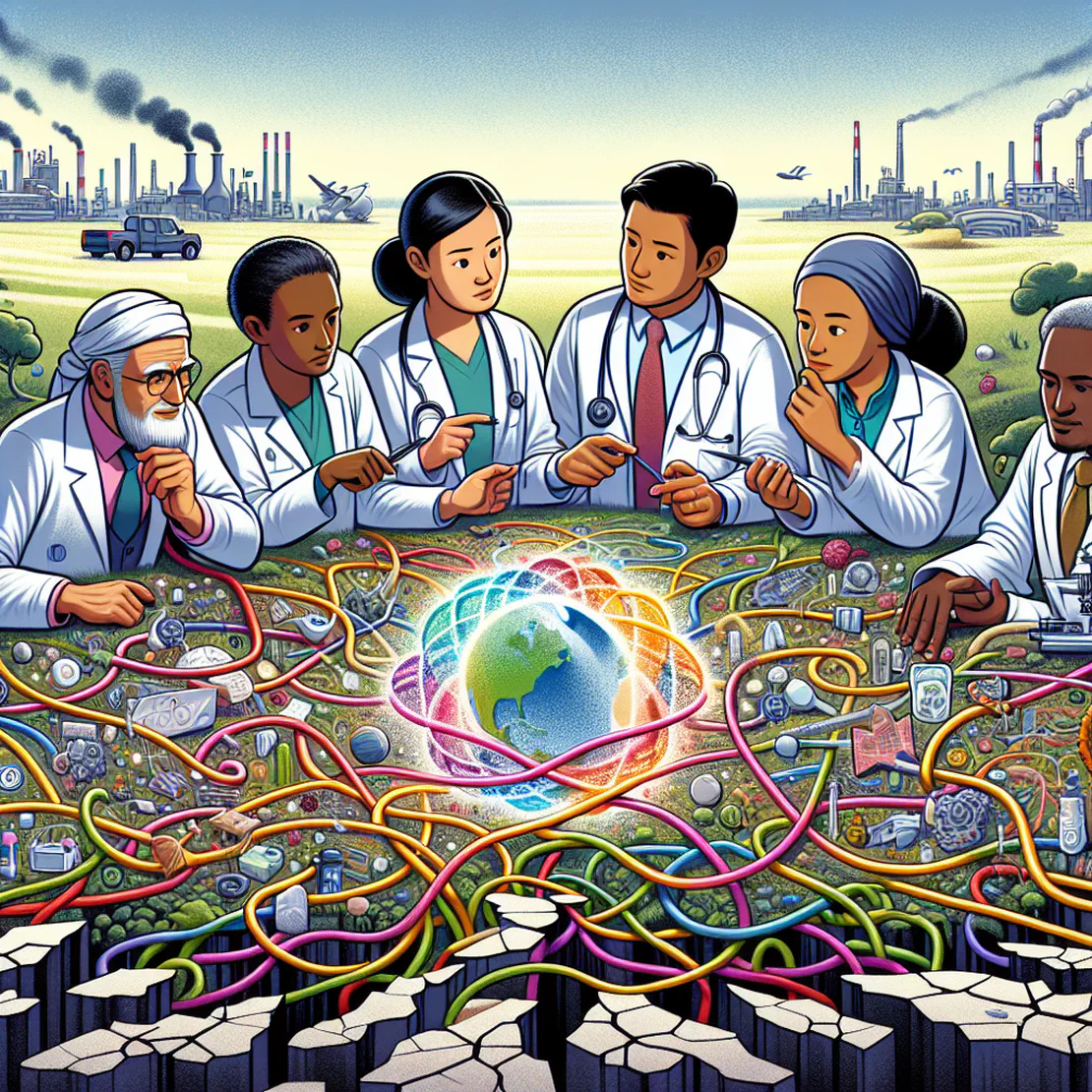
Warren Farrell The Absolute Necessity Of Fathers
- The Jordan B. Peterson Podcast
- Fathers , Patriarchy , Fulfillment , Privilege , Most popular
- May 13, 2018
Table of Contents
At a Glance
Here’s a highlight reel of the episode:
-
Appreciation for Sacrifices Made by Fathers and Grandfathers - “Your father and grandfather and great-grandfather all did the exact same thing as your great-grandmothers and so on did. They gave their lives in the hope that your life and their children’s lives would be better with greater amounts of opportunities.”
-
Patriarchy Misconception - “Instead of criticizing the world as being patriarchal or as parents as being stupid, we should really be saying mom, dad, grandma, thank you for making our mastery of survival enough so that we didn’t have to focus so much on survival…”
-
Gratitude and Opportunity Misuse - “…let us not misuse our opportunities by blaming men for the world that they created that was destructive.”
-
Progress Made in 120 Years - “We’re living 50% longer now than we were 120 years ago, and that’s a result of all the progress that you have made.”
-
Changing Attitudes towards Men and Women - “…we need to have dialogues at work about what’s working for women, what’s not working for women, what’s working for men, and what’s not working for men…and so we really need to have a fundamental revisiting of male, female, and all of our gender roles of the past.”
-
Importance of Conversation - “I’d really like to talk to you again about probably about pay gap at some point. We really concentrated on what you’ve been outlining in this book, in your new book in the boy crisis.”
What to Do
Here’s the best advice from the conversation:
- - Be Grateful for the Past and Don’t Misuse Opportunities -
It would be more productive to show gratitude towards past generations who made sacrifices for the betterment of society, rather than criticizing them. This perspective can help individuals appreciate the progress made and avoid taking their opportunities for granted.
- - Encourage Dialogues Rather Than Monologues -
Instead of solely focusing on women’s issues or criticizing men, it’s essential to create a platform for open dialogues where both women and men can share their experiences and work together to find solutions. This approach can foster a more inclusive and supportive environment.
- - Revisit Traditional Gender Roles and Stereotypes -
It’s crucial to reassess the societal expectations and roles associated with masculinity and femininity. By doing so, individuals can better understand the complexities of these issues and work towards creating a more balanced and equitable society.
- - Focus on Shared Experiences Rather Than Oppressive Dynamics -
Rather than framing conversations around oppressor and oppressed relationships, it’s more productive to focus on shared experiences and common goals. This approach can help build bridges between different groups and foster a sense of community.
These pieces of advice offer valuable insights into creating a more supportive and inclusive environment, where individuals can work together towards positive change.
What to Get
-
The Boy Crisis: Why Our Boys Are Struggling and What We Can Do About It by Warren Farrell Ph.D.- Amazon - used as a reference point for understanding the current state of affairs.
-
Role Mate to Soul Mate: The Seven Secrets to Lifelong Love by Warren Farrell - Amazon
Summary
The podcast episode revolves around a conversation about the concept of patriarchy and its implications on society. The guest speaker shares personal anecdotes about their father’s sacrifices for the family’s well-being, highlighting the fact that men have traditionally given up their own aspirations to provide for their loved ones. This is framed as a contrasting narrative to the idea that society has been patriarchal, with men holding power over women.
The conversation emphasizes the importance of gratitude and appreciation towards past generations who have made sacrifices for their families’ survival. The guest speaker argues that instead of criticizing the world as being patriarchal or blaming men for societal problems, we should acknowledge the progress made by previous generations, such as increased life expectancy and improved opportunities.
A key point in the conversation is the need to revise our understanding of gender roles and stereotypes. The guest speaker suggests that we should move away from binary labels like “women good, men bad” or “men oppressors,” and instead focus on creating a more nuanced dialogue about what works for women, men, and all individuals. This includes revisiting traditional human resource centers to make them more inclusive and focused on individual needs.
The conversation concludes with an invitation to discuss the pay gap in a future episode, highlighting its importance in understanding the complexities of societal issues. The guest speaker’s book, “The Boy Crisis,” is recommended as a source for exploring this topic further.
Throughout the conversation, there are interesting points made about how our perception of society and its problems should be reevaluated. Instead of criticizing past generations or perpetuating stereotypes, we can learn from their sacrifices and strive to create a more inclusive and nuanced understanding of gender roles and societal issues.


